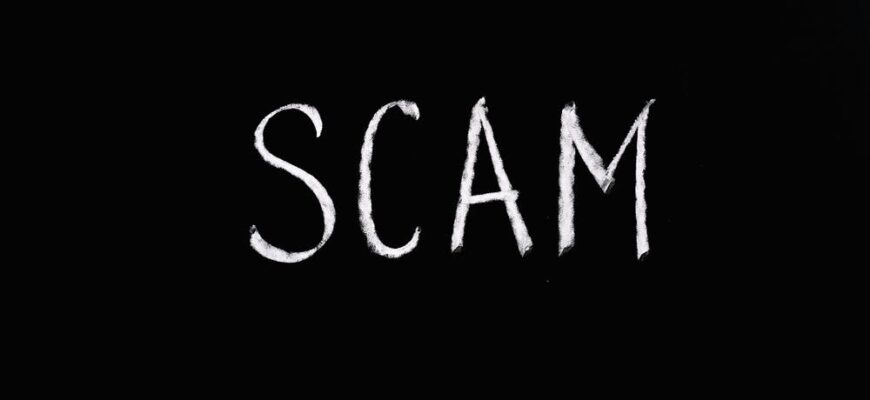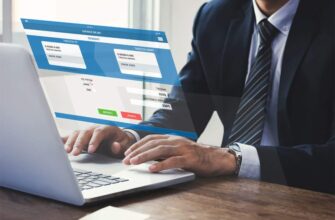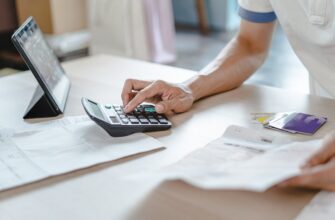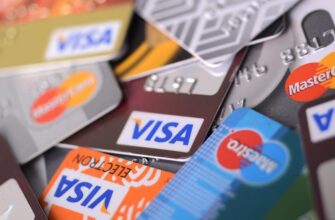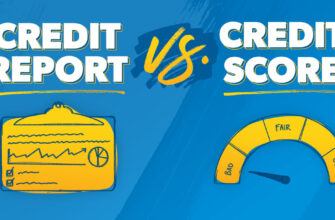We continue to study the methods by which criminals extort money from citizens. The extraordinary events of the spring and summer of 2020, related to the spread of coronavirus, the introduction of a self-isolation regime, and the financial difficulties that people had, were used by fraudsters for their own purposes.
Criminals stole money from people using:
- payment of financial assistance from the state;
- the provision of credit vacation;
- introduction of self-isolation rules;
- the increase in shopping on the Internet;
- falling income of citizens.
Promise of payment of material assistance from the state
Due to the shutdown of businesses, many people have lost all or part of their income. Certain categories of citizens began to receive financial assistance from the state. The payments were mainly addressed to families with children. For people who lost their jobs, an increased unemployment benefit was introduced.
Fraudsters in their schemes also began to use the topic of lowering incomes and paying state aid. They published ads on the Internet about providing additional benefits to victims of the coronavirus. Under such ads were links to sites where it was allegedly possible to receive a payment from the state.
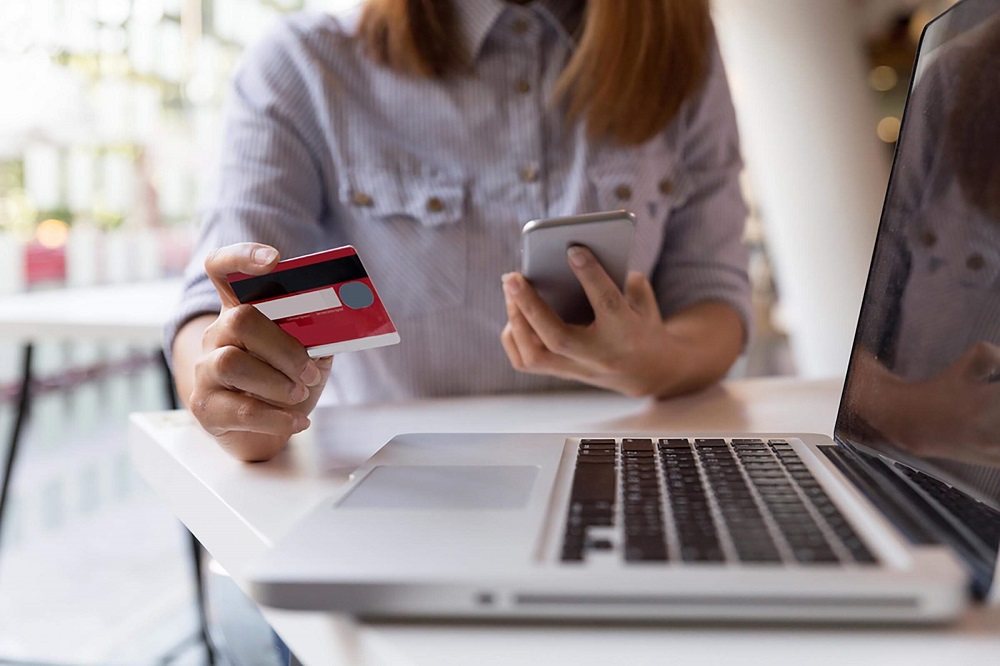
When filling out applications for “assistance”, visitors to these sites entered their bank card details (which were actually supposed to be kept secret) in special fields. Having received confidential information about bank cards, the scammers were able to withdraw money from them.
In some cases, in order to receive tangible financial assistance, users of Internet resources had to pay a small commission for “entering data into the register”, “obtaining an electronic signature key”, etc.After the payment was transferred, no benefits from the state, of course, did not come. There were many people who wanted to receive financial assistance, so the scammers managed to earn a lot of money even on such “small” commissions.
During the pandemic, the state provided assistance not only to ordinary citizens, but also to entrepreneurs. Taxes were written off to the affected business, and the amount of social payments for employed employees was reduced. The scammers decided to “extend” this measure to all citizens. They, on behalf of state bodies, offered people to issue, for example, the return of personal income tax, presenting it as a measure of assistance from the state. In the process of making a “refund”, the citizen also had to specify the details of his card or pay a commission.
How not to fall for such tricks of scammers? Information on the necessary social support measures should be obtained only from official sources. Applications for financial assistance are submitted only on official websites, most often on Public Services. To receive money, a person does not need to specify their card details (especially CVC2 (CVV2) code or password for confirming the operation). For the transfer of material assistance, the state does not charge a commission from citizens.
Support for registration of credit vacation
People whose wages have fallen by more than 30% compared to their income over the past year have been eligible for credit holidays — skipping several loan payments. This measure can be used by those borrowers whose loans do not exceed the established limits.
People whose income has fallen by less than 30%, or those who have issued too large loans, are not included in the state program for granting credit holidays. Scammers began to promise to get rid of loans to all comers. They offered” through their own channels in the banks ” to agree on a temporary suspension of payments. Some even promised to write off the loan altogether due to the difficult situation. Naturally, intermediaries provided such services to people not for free. In fact, such “helpers” were not able to solve the problems of borrowers. But trusting citizens gave them the last money.
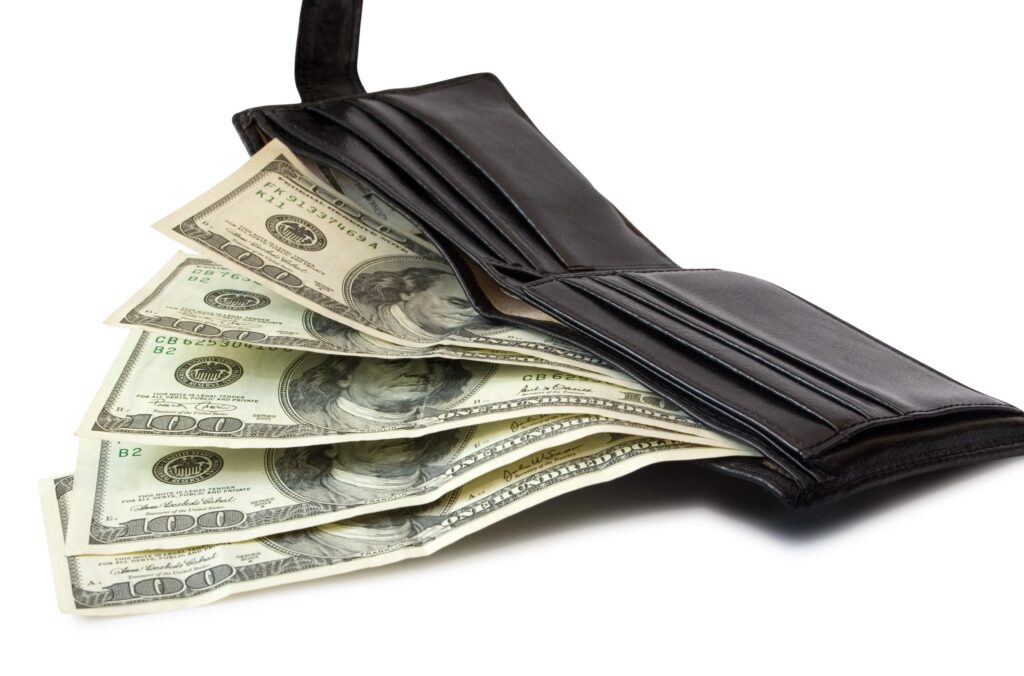
Some scammers offer bank customers to prepare such salary certificates for a fee, which would show a 30% reduction in income. Or provide fictitious sick leave with a diagnosis of COVID-19 (some banks give customers who have had a coronavirus, credit holidays). However, it should be noted that now the state has accumulated a huge database of citizens. It is very difficult to deceive government agencies and large commercial structures with false documents. Especially it should be noted that in case of disclosure of such deception, the borrower may have problems with the law. Therefore, it is unprofitable and dangerous to pay fraudsters for fake certificates.
In 2020 due to the uncertain situation in the economy, many banks have reduced the issuance of loans. Against this background, organizations that provide citizens with assistance in obtaining loans”have intensified their activities. For a fee, they promise to “negotiate with their people in the banks” who will help approve the loan.
A person who is interested in such services sometimes pays the last money too intermediaries and does not receive anything in return. In order to protect yourself from criminals, the issues of restructuring loans and issuing loans must be resolved directly with bank employees.
Fraud related to violation of the rules of self-isolation
In 2020 Man countries faced such types of fraud that were previously impossible in principle. For example, some people received notifications about the need to pay a fine for violating the self-isolation regime. Scammers tried to extort money from someone allegedly for paying for a mandatory coronavirus test.
Cases of fraud were recorded when victims were called by “employees of hospital”.. They reported that these people are at risk and there are serious reasons to fear for their health. Then the “health workers” recommended expensive drugs to their victims. Medicines were delivered by a courier, collected the money and left. Subsequently, it turned out that the purchased drugs cost several times less and have nothing to do with the treatment of coronavirus.

In some countries in order to leave their apartment during the quarantine period, citizens had to issue special passes. Scammers offered to get such documents for money. Naturally, later they turned out to be false and invalid.
In order not to fall for the bait of criminals, you need to know: administrative fines can only be issued by employees of state bodies. All information about the accumulated fines can be obtained on the websites of these organizations.
Fraud related to the purchase of goods via the Internet
During the period of self-isolation, people were forced to order the goods they needed more often on the Internet. Scammers also took advantage of this.
Most cases of fraud were recorded when trying to buy goods on the Internet that were in short supply during the epidemic (for example, medical masks and antiseptics). Criminals often put up ads on the network for the sale of scarce virus protection products, received money and disappeared.
Criminals also made mass mailings on behalf of well-known stores with an offer to buy goods from them remotely. The links that were contained in such letters led to sites that looked like well-known prototypes. On clone sites, people paid criminals for non-existent goods or disclosed their payment card details.
For example, during the period of self-isolation, cybersecurity specialists recorded the registration of 1,700 domains, which somehow featured the name of the popular Internet service Zoom. This service is designed for online conferences and is used for remote work and training. Once on the Zoom lookalike site, a person could transfer money to fraudsters for the paid version of this service or send them their card details.

Criminals who offered to return the money paid to citizens on behalf of airlines or hotel rental services were particularly active. They affected people who bought plane tickets and paid for hotels abroad in the months before the pandemic, but were unable to go on vacation. During the” refund ” process, the scammers also received the bank card details of their victims.
In order not to suffer from the actions of criminals, it is necessary to follow the safety rules when shopping on the Internet. First, you should not click on links in advertising emails from unknown sources. Such links can lead either to phishing sites-doppelgangers, or to resources infected with a virus.
